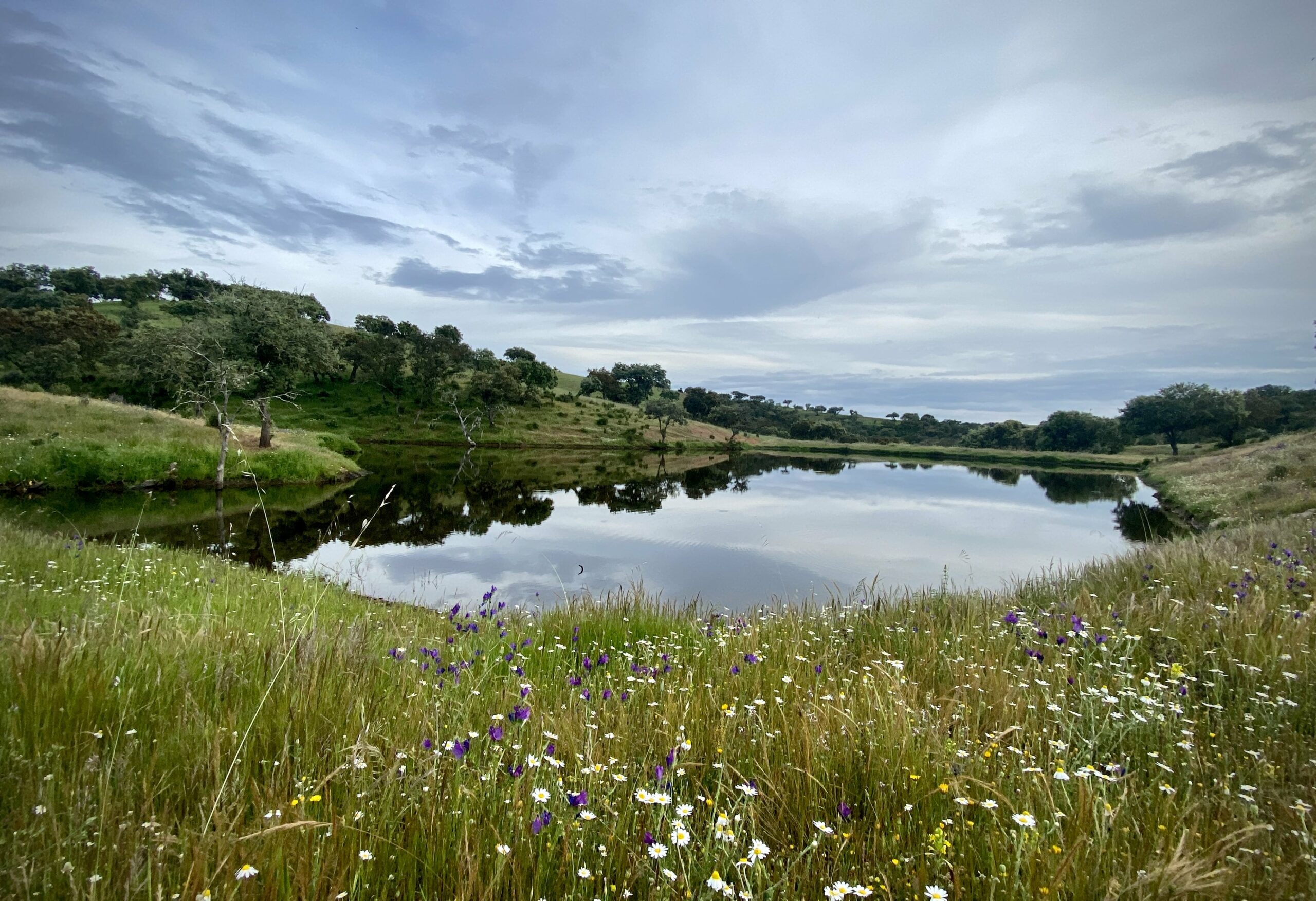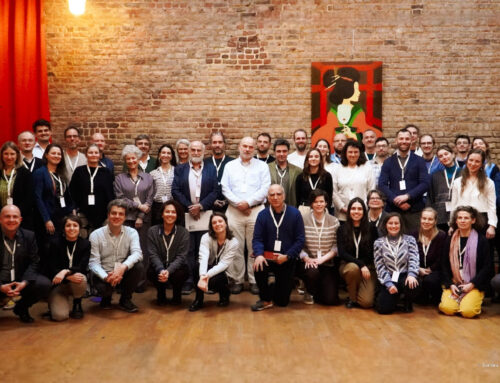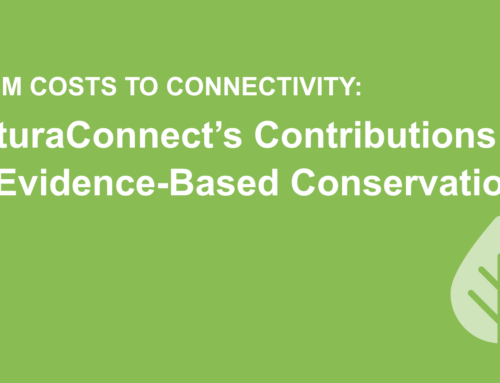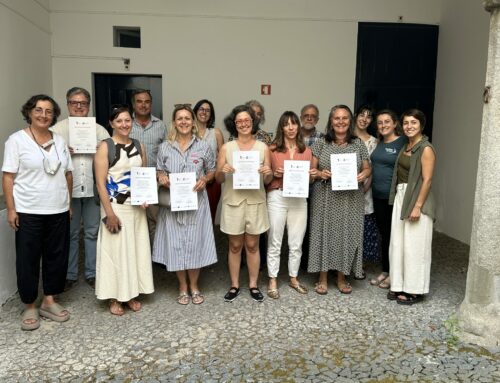How to finance biodiversity conservation?
NaturaConnect.PT Think Tank Presents Recommendations to Meet the Funding Goals of the EU Biodiversity Strategy for 2030, following a Meeting in Mafra, May 2024.
NaturaConnect.PT, a Think Tank initiative led by the University of Évora’s Rui Nabeiro Chair in Biodiversity and part of the Horizon Europe project “NaturaConnect – Designing a Resilient and Coherent Trans-European Network for Nature and People”, brings together representatives from public, private, and civil society sectors to issue recommendations on securing biodiversity conservation in Portugal amidst the challenges of climate change.
In the European Union, over 80% of protected habitats and 70% of non-bird species are in an unfavourable condition (European Environment Agency, 2020). In response, the EU Biodiversity Strategy for 2030 sets ambitious targets, including the protection of 30% of land and marine areas, of which one-third should receive strict protection. For Portugal, meeting these targets requires mobilising an annual minimum of 260 million euros.
“As Portugal’s land matrix consists of around 97% private ownership, any intervention aimed at promoting biodiversity conservation must involve solutions supported by both public and private funding, ensuring long-term commitments,” says Miguel Bastos Araújo, Chair of Biodiversity and coordinator of the NaturaConnect.PT Think Tank.

Photo: Barbara Pais
In the recently published report summarising the Think Tank’s discussions, the need to strengthen biodiversity funding under the EU Biodiversity Strategy for 2030 in Portugal is highlighted, with proposals for optimising existing mechanisms and new financing tools. The report outlines ten key measures:
- Review and assess public subsidies that harm biodiversity, particularly in agricultural and forestry policies, and phase them out;
- Leverage existing EU funds to finance land acquisition, improve natural area management, and support ecological restoration;
- Prioritise the restoration of natural functions and natural processes in ecosystems, avoiding future and additional costs;
- Increase funding for management contracts with conservation and restoration goals and develop payment systems for ecosystem services provided by biodiversity;
- Promote the implementation of the polluter-pays and user-pays principles, ensuring that generated funds are directly used for biodiversity conservation and ecological restoration;
- Direct funding generated through these principles to ‘protector-receiver’ schemes, where financing is used for conservation initiatives in designated areas;
- Establish a biodiversity credit market to mobilise private funding and ensure long-term monitoring and benefits;
- Create a legal framework for “conservation easements” to secure the effectiveness of conservation commitments and enhance private investor confidence;
- Increase public investment in the NATURAL.PT brand to promote Portugal as an attractive destination for biodiversity conservation investments;
- Align tax benefits for donations to environmental causes with those for social causes.

Photo: Barbara Pais
Biodiversity is a public good that underpins numerous life-sustaining processes, such as climate regulation, water purification, soil fertility, crop pollination, and pest control. Its degradation not only threatens ecosystem health but also the resilience of our societies.
As Miguel Araújo emphasises, “Investing in biodiversity management and restoration is not just a legal imperative; it is a way to ensure the continuity of essential ecological services that are vital for both the economy and public well-being.”
Araújo further notes, “The devastating wildfires of last week serve as a tragic reminder of the consequences of failing to promote more biodiverse landscapes. Biodiversity is not merely a natural asset to be preserved but a fundamental component of ecosystem functioning, helping to create natural barriers that mitigate the impact of disasters.”
Thus, creating new financial mechanisms that align the private sector with conservation goals, through incentives that encourage sustainable land management practices, is an urgent need to ensure biodiversity’s benefits are enhanced and become central to our land valuation policies and natural risk mitigation strategies.
The statement regarding funding for biodiversity, from the Think Tank NaturaConnect.PT, can be downloaded below in English and Portuguese.




